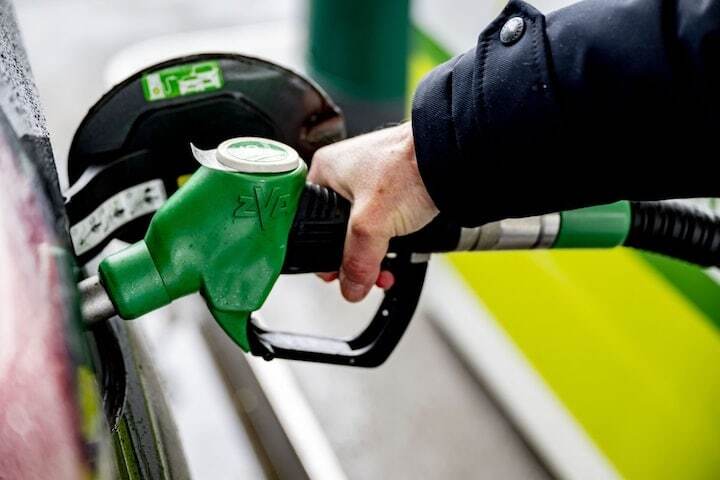Significant Price Increase in Sight

Despite global unrest, Dutch policy remains the biggest threat to prices at the pump. Although prices are now falling again due to lower oil prices, a huge price increase looms.
Fuel prices rose last month due to the war in Iran and are now falling again because OPEC countries announced a larger-than-expected increase in oil production. “At the pump, the gasoline price will fluctuate around the current level this summer,” expects director Paul van Selms of UnitedConsumers. “If the excise duty reduction is abolished next year, we’re in for a shock.”
On April 1, 2022, the government reduced the excise duty on fuel to dampen the then sharply increased prices. That was intended as a temporary measure and makes a difference. For gasoline, it was about 17.3 cents per liter. “In any case, the price at the pump in the Netherlands is determined for two-thirds by the government,” says the market expert.
That’s not just about excise duty, but also about VAT. If the measure expires, a liter of gasoline could become 25 cents more expensive. The cabinet was expected to announce whether or not the reduction would be extended on Budget Day. The fact that the cabinet is now caretaker has no influence on the decision itself.
A spokesperson for the Ministry of Finance says that the reduction “in principle stops on January 1, 2026”. “A decision must be made about that anyway. The scheme stops or is extended, which has always happened so far.”
Van Selms of UnitedConsumers also wonders what the influence of the upcoming elections will be on this. “It really is a relatively large amount.” The advisory price of gasoline of €2.12 as it is now consists of 17 percent VAT and 37 percent excise duty.
What the government does with the excise duty is therefore more influential on the price than what, for example, OPEC does. The influence of the oil cartel is waning anyway. “They are too divided among themselves,” says Van Selms. The countries all have their own problems, problems that cost money.
“Iran will now be pumping oil like crazy.” That oil has to be sold. The US is making a nice contribution with shale oil. By further opening the oil tap, Saudi Arabia is now regaining some market share. “In the past, almost everything came from there, but that hasn’t been the case for a long time,” says Van Selms.